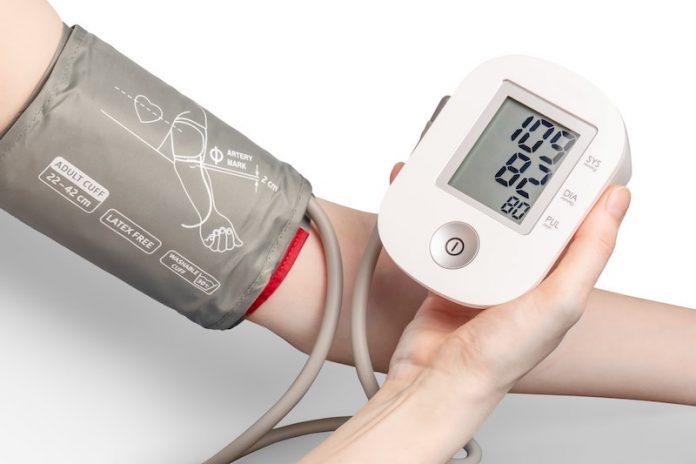
In a new study from the Chinese Academy of Medical Sciences, researchers found aggressive blood pressure treatment in older hypertensive patients lowers the risk of heart disease compared to standard therapy.
More than one billion people have hypertension worldwide. The overall prevalence in adults is around 30–45%, rising to more than 60% of people over 60 years of age.
As populations age, adopt more sedentary lifestyles, and increase their body weight, the prevalence of hypertension worldwide will continue to rise.
Elevated blood pressure was the leading global contributor to premature death in 2015, accounting for almost 10 million deaths.
In the study, the team aimed to provide new evidence on the benefits of blood pressure lowering in older patients with hypertension.
Specifically, they examined whether intensive treatment targeting a systolic blood pressure (SBP) below 130 mmHg could reduce the risk of heart disease compared with a SBP target below 150 mmHg.
The study enrolled 8,511 older essential hypertensive patients from 42 clinical sites in China.
All participants were aged 60–80 years, with a SBP of 140–190 mmHg during three screening visits or taking high blood pressure drugs.
Participants were assigned to 1) intensive treatment (SBP target below 130 mmHg but no lower than 110 mmHg); or 2) standard treatment (SBP target 130–150 mmHg).
During a 3.5-year follow-up period, the team found the average decrease in blood pressure was 19.4 mmHg in the intensive treatment group and 10.1 mmHg in the standard treatment group.
Average systolic blood pressure reached 126.7 mmHg and 135.9 mmHg in the intensive and standard groups, respectively, with an average between-group difference of 9.2 mmHg.
In addition, a total of 196 heart disease events were found in the standard treatment group (4.6%) compared to 147 events in the intensive treatment group (3.5%), with a relative risk reduction of 26%.
Intensive treatment was linked to a 33% lower relative risk of stroke and a 33% lower relative risk of the acute coronary syndrome.
The team says that active control of systolic blood pressure to below 130 mmHg in older hypertensive patients, as compared with below 150 mmHg, resulted in a lower risk of major heart disease with no increase in side effects.
If you care about blood pressure health, please read studies about this common high blood pressure drug may prevent COVID-19 complication and findings of bottom blood pressure number may predict your dementia risk.
For more information about high blood pressure, please see recent studies about this common blood pressure drug may increase your gut disease risk and results showing that scientists give new advice for treating high blood pressure.
The study was presented at ESC Congress 2021. One author of the study is Professor Jun Cai.
Copyright © 2021 Knowridge Science Report. All rights reserved.



